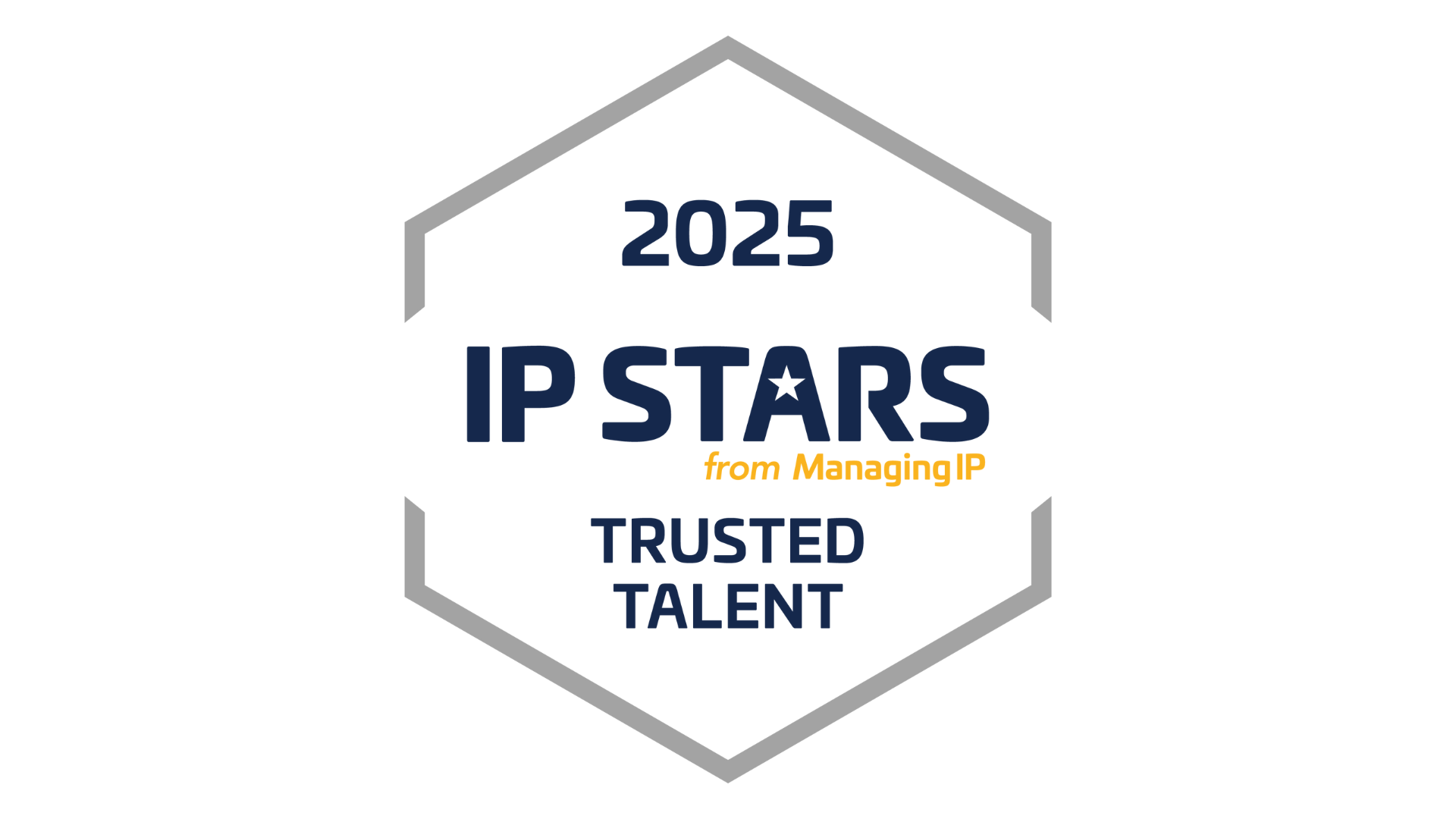News
Building a sustainable future: the importance of innovation and intellectual property for the construction industry
March 2024
Like many industries, the construction industry faces huge challenges as it works toward achieving the ambitious target of net-zero carbon emissions by 2050.
Whilst already adhering to stringent environmental standards to minimise its ecological impact, construction activities still contribute to greenhouse gas emissions, energy consumption, as well as the depletion of natural resources. The construction sector is particularly well-known for its contribution to global carbon emissions, both directly from construction processes and indirectly through the production and transportation of materials.
Organisations in the construction sector are working hard to develop innovative technologies, including modular construction and sustainable materials, in an attempt to meet evolving environmental standards and to reduce the ecological impact of construction projects.
Sustainable materials encompass a wide array of products, ranging from recycled aggregates and reclaimed wood to innovative biodegradable composites and low-carbon concrete. These materials offer not only environmental benefits but also opportunities for differentiation and innovation within the competitive construction sector.
The role of intellectual property rights (IP rights) in shaping the use and development of sustainable materials by and for the construction industry cannot be overstated.
Protecting one’s own IP rights is essential for protecting investments in research and development. Whether it be a novel construction technique, a proprietary blend of eco-friendly materials, or a unique design solution, securing patents, registered designs and trademarks can provide a competitive advantage, mitigate the risk of imitation by competitors, as well as help attract investment and development partners.
Understanding the IP landscape is also important for companies seeking to leverage sustainable materials in their projects. IP due diligence, conducted with the support of IP firms, will enable construction organisations to identify existing technologies and designs. Awareness of competitors’ patents, registered designs, trademarks, and other IP rights can inform strategic decisions and reduce infringement risks for businesses.
There is no doubt that IP also plays a pivotal role in facilitating collaborations and partnerships within the construction ecosystem. By licensing protected technologies or entering into joint ventures, companies can access cutting-edge sustainable materials developed by others, accelerating their adoption and integration into projects.
Collaborative efforts between industry players, policymakers, as well as IP experts, are essential to navigate this evolving landscape and unlock the full potential of sustainable materials in construction.
Ultimately, sustainable materials represent a promising avenue for driving positive change in the construction industry. However, the effective use and development of these technologies requires a solid understanding of IP rights. By staying informed about competitors’ IP rights, protecting their innovations, and embracing responsible collaboration, organisations in the construction industry can position themselves for success in a sustainable future.
If you have any questions or are looking for further advice regarding innovation in the construction industry, please contact Jennifer Unsworth at [email protected].
































